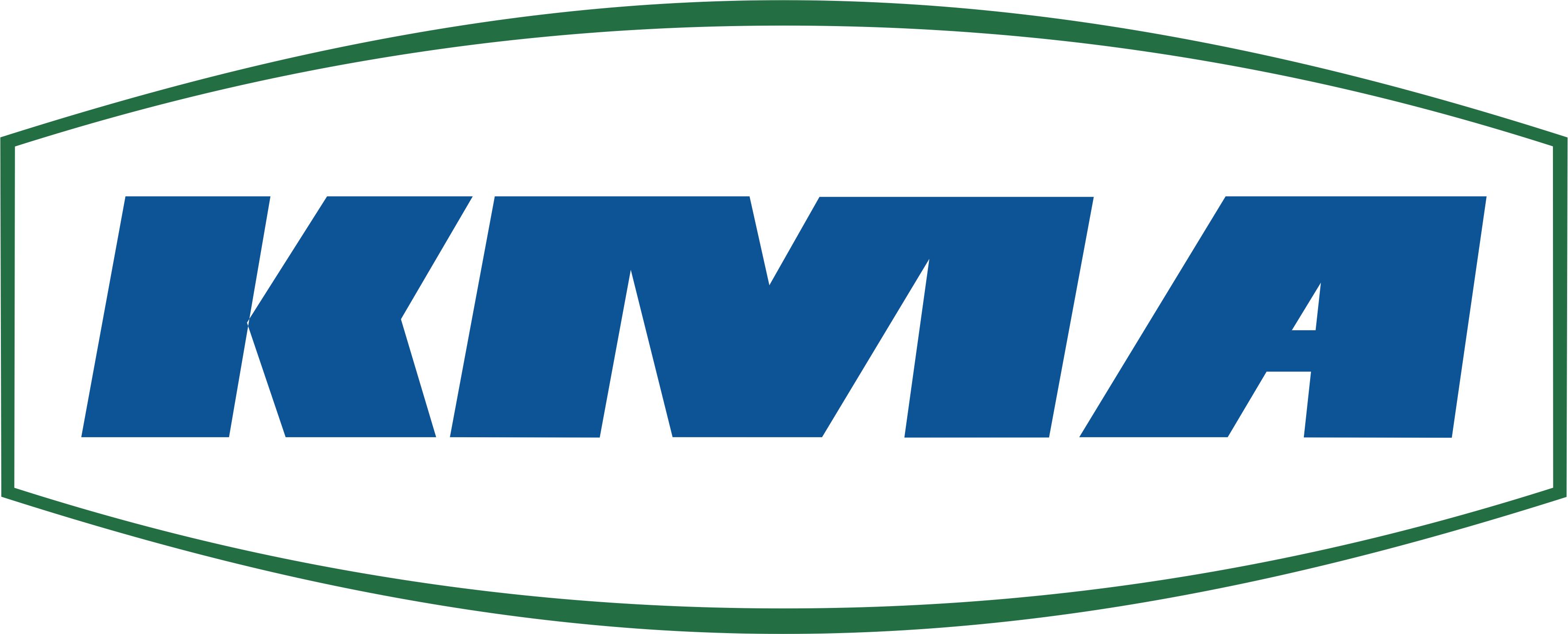CO2 emissions
CO2 emissions
The term CO2 emission describes the emission of CO2 (carbon dioxide) as a by-product of thermal processing of carbonaceous materials.
CO2 is an odourless and toxic gas that is important for metabolic processes. Low concentrations of CO2 are not dangerous for human health. However, industrial thermal processing generates a very high CO2 contamination with far-reaching impacts on the environment (see also: Paris Agreement).
Since highly concentrated CO2 is mainly emitted at stationary plants, companies have to adhere to strict national legal requirements. Particularly in energy-intensive industries such as die casting or textile processing, companies face considerable amounts of CO2 as a waste product contained in the process exhaust air. However, purified air in the worker’s vicinity is a legal requirement in modern production plants. Air pollution control measures are mandatory due to product and workplace quality as well as certification requirements. Operating conventional air purifications systems requires large amounts of electricity, which in turn also generates large amounts of CO2. Conventional exhaust air purification systems, such as thermal or catalytic thermal oxidation systems extract impurities and odor particles from the exhaust air, but are very energy- and cost-intensive.
The modern exhaust air filtration systems of KMA Umwelttechnik offer an energy-efficient alternative. KMA filtration systems reduce the energy requirement for the operation of the filter plant by more than 90% compared to thermal oxidation. Despite its low energy consumption, the separation efficiency is up to 99.8%. The energy consumption of an electrostatic precipitator cell corresponds to that of a 100W light bulb – with an average exhaust air volume of 5000m3/h. If the exhaust air filtration system is additionally combined with a heat recovery system consisting of a heat exchanger and heat pump, additional energy can be recovered from the exhaust air treatment which would have previously remained unused. The recovered energy can be used for subsequent processes, to further reduce the energy consumption of the production.
This way, KMA exhaust air filtration systems help to efficiently reduce the costs for exhaust air purification.
Related posts







